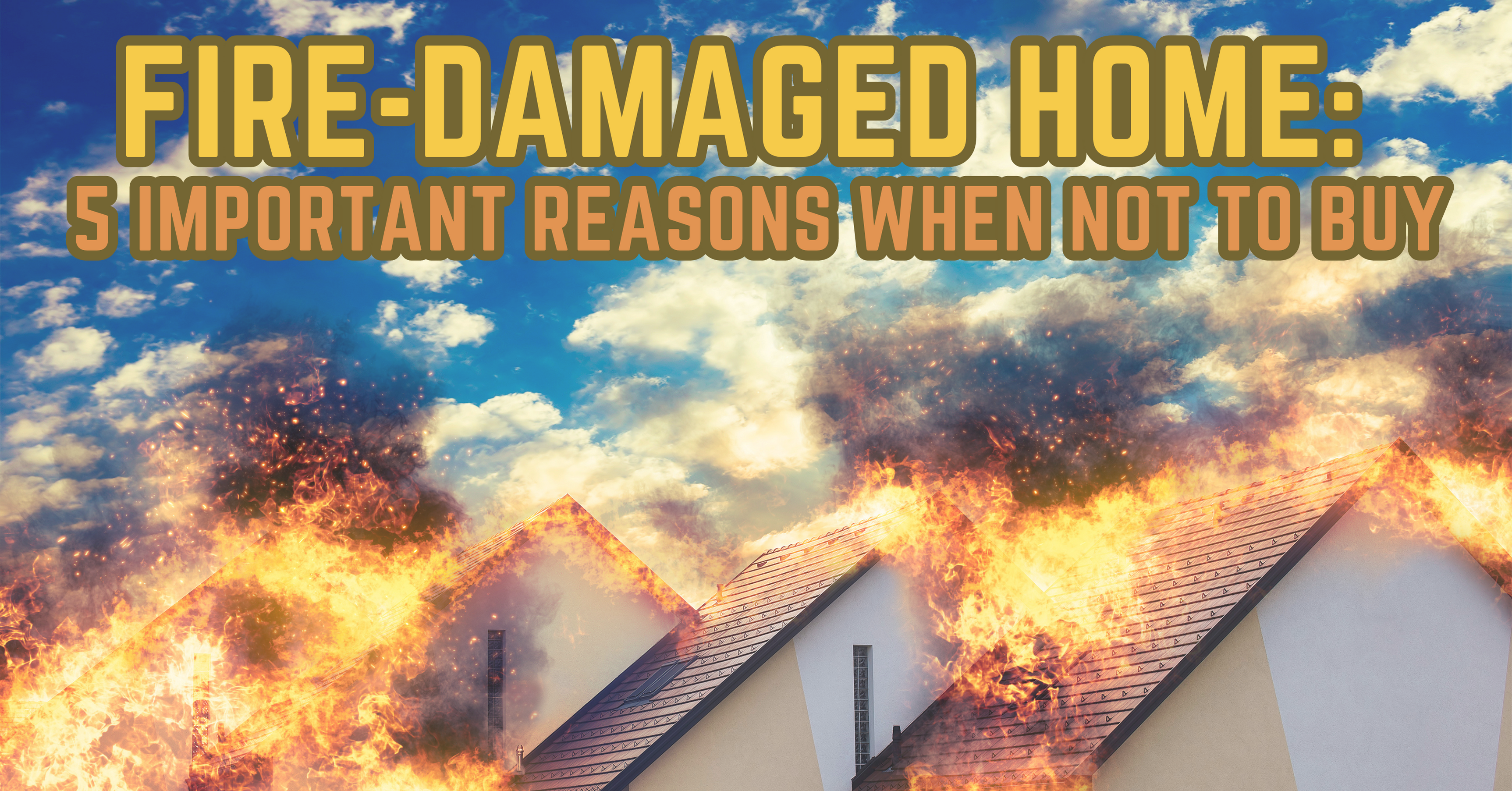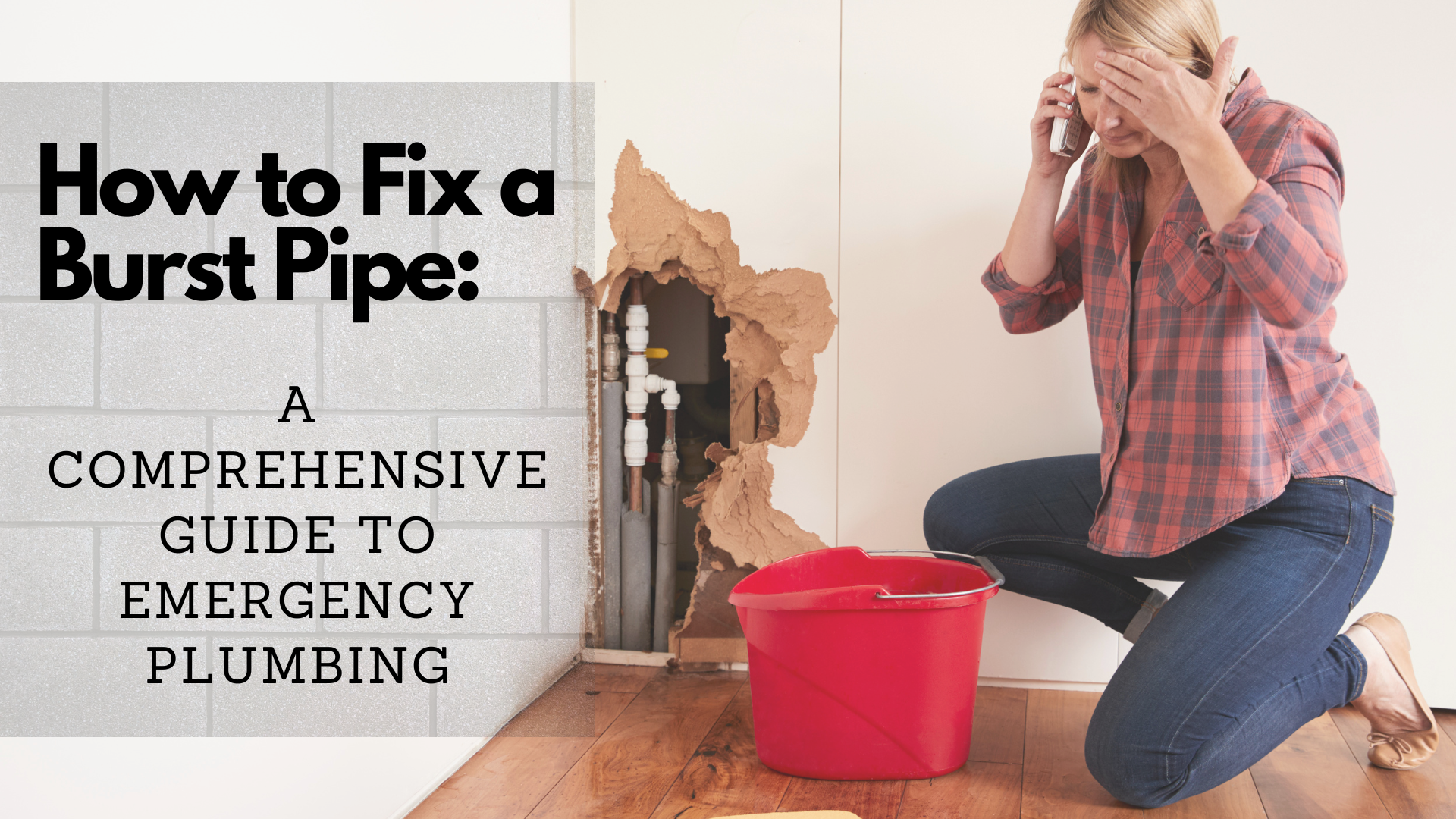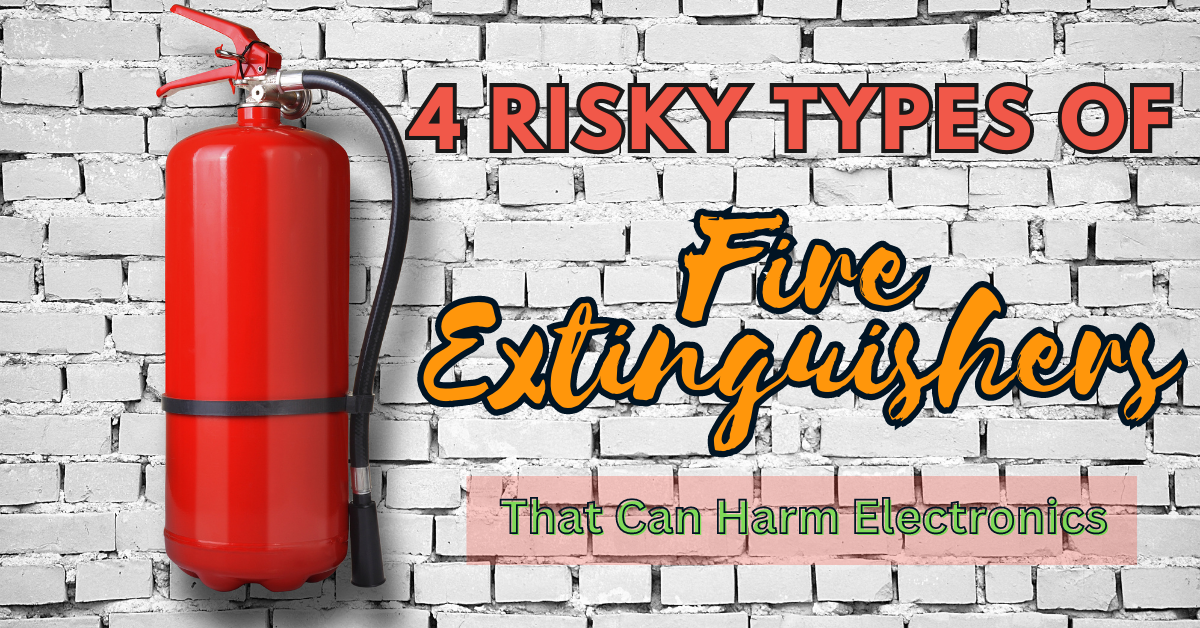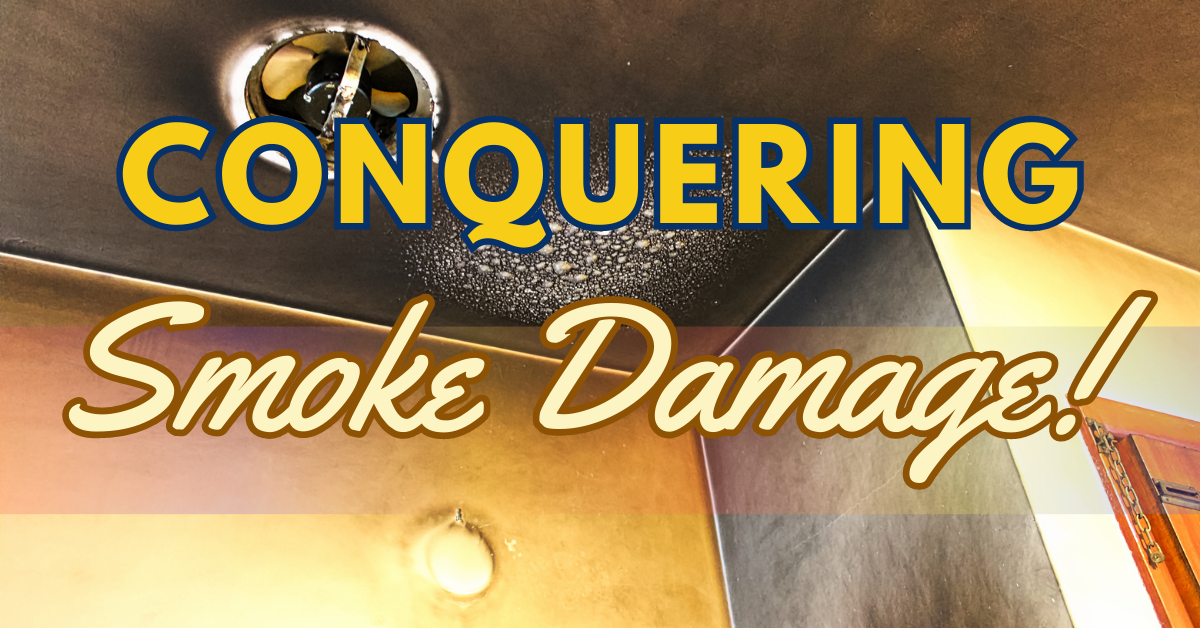 You might be in the market looking for a fire-damaged home because these homes are typically inexpensive and easy to buy. But before you make the final decision and sign the documents, there are some important things you have to consider.
You might be in the market looking for a fire-damaged home because these homes are typically inexpensive and easy to buy. But before you make the final decision and sign the documents, there are some important things you have to consider.
While some repairs may seem like a good investment, in some cases it may be costly for you and you may end up losing money.
The best way to deal with it is to know the pros and cons of buying a fire-damaged home and some things to watch out for before sealing the deal
Read on to find out the pros and cons of buying a fire-damaged home, along with key factors to keep in mind.
Pros of Buying A Fire-Damaged Home
The best deal about buying a home that has been renovated after a fire is saving a lot of money. Since these homes are often undervalued, they have a higher return on investment. Even if the home has not been renovated, the repairs will not cost as much as the usual cost. This means you can save more money, and at the same time, you can make changes that suit your liking, especially if the repairs are extensive.
Cons Of Buying A Home Renovated After A Fire
The serious drawback of buying a home that has been renovated after a fire is the unknown variables about the house. Before making your purchase, make sure to ask the following questions;
- How big was the fire and where did it start?
- Did the fire affect the structural integrity of the home?
- Was there electrical damage?
- When did the fire happen?
- Was there an attempt to repair damages from the fire?
Though there are contractors that are trustworthy, some may have just covered up severe damages with quick fixes like drywall and carpeting.
Be sure to have your new home properly assessed by a professional home inspector or a structural engineer. They can tell you the severity of the damage to the property.
When Not to Buy a Fire-Damaged Home
Furthermore, if the home you are considering has some of these issues, it might be best to discontinue your purchase;
1. Water Damage – It is true that water does well in extinguishing a fire. Because of that, the responding firefighters are only concerned about putting out the fire. But water can damage your home as much as fire does. Water damage can lead to several consequences.
- Mold growth – is the most immediate consequence of water damage especially if left unattended for some period of time. Mold can grow where there is moisture and eventually cause serious damage to your property.
- The Interior wooden structures like frames and floors can get warped when exposed to water.
- Lastly, check for damaged ducts. Firefighters use water and some chemicals to effectively extinguish the fire. If these chemicals get into the air ducts, can compromise the indoor quality of your home. You may need to have your air ducts professionally cleaned.
2. Smoke Damage – Aside from the odor and soot particles that linger on walls and ceilings, smoke damage can pose health issues.
3. Structural Concerns – If the load-bearing walls of your property are damaged, it is probably not worth investing in the home.
4. Asbestos – Fire-exposed asbestos can cause health concerns. Make sure to have homes built before 1980 thoroughly inspected for asbestos.
5. Plumbing Issues – The heat from the fires can ruin the home’s PVC and copper pipes.
Buying A Fire-Damaged House? We Are Here To Help!
Whether you are buying a fire-damaged home to turn it into your new dream home or to flip it, it is important to know what to look for and work only with a certified and trustworthy local restoration company, like Superior Restoration. As an expert in the restoration industry, we are here to help homeowners or property owners restore fire-damaged homes to a new-looking and livable homes.




